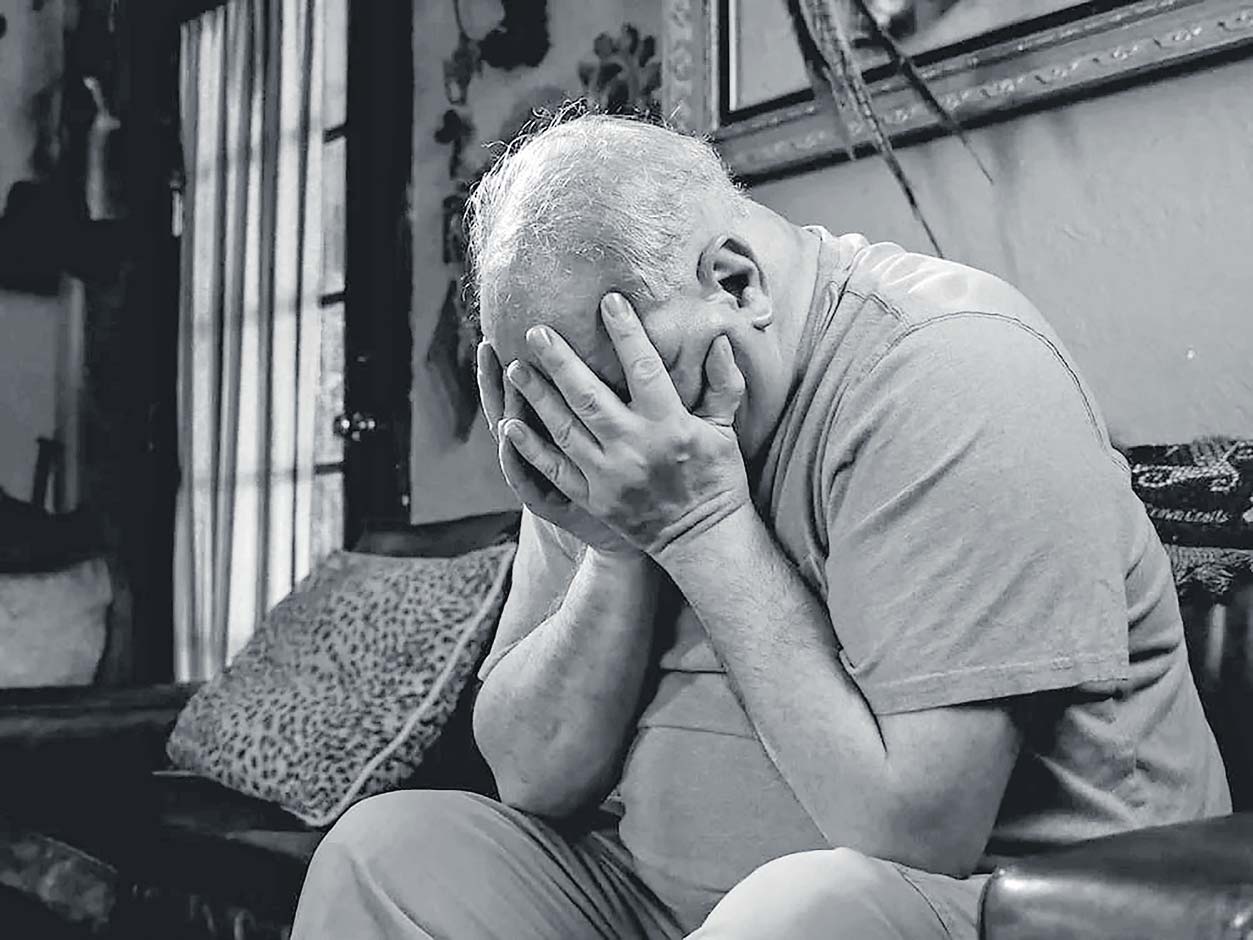They may be old but they do think back, reminiscing on the good and bad experiences they faced in their younger days. Some of those bad past experiences affect their mental health in their twilight years.
This is evident from some cases seen at Empower Pacific, an NGO providing counselling for mental health issues apart from social support services.
So, it is not only the younger generation that needs assistance to deal with mental health issues. Senior citizens also require help. A few of them have sought counselling from Empower Pacific either personally or through the help of family members.
Renuka Karan, who is a counsellor with Empower Pacific based at its head office in Lautoka, has counselled many senior citizens in her five-year career.
“I love to help them. All you have to do is just listen to them, validate what they say and try to calm their mind down,” she said.
This article is based on her experiences in dealing with senior citizens and providing them some relief through counselling.
A few months ago, a man called the Empower Pacific’s toll-free counselling helpline 5626, which is supported by the New Zealand Ministry of Foreign Affairs & Trade.
His father, a 70-year-old widower, was facing anxiety issues, loneliness, fear and health concerns.
The case was referred to Ms Karan who conducted the first counselling session with the senior citizen, whom we will refer to as ‘client’.
She learned that the client often lived in fear because of his experiences when he was young and because of what he was hearing in the news about criminal activities.
One such experience in his younger days included a time when his house was stoned and cattle stolen from his family farm.
As a result of his past experiences, he often feared for the safety of his family members and himself.
Loneliness crept in after the demise of his wife a few years ago and he had health issues due to irregular eating habits.
He also had abnormal sleeping patterns because of overthinking.
The client’s family took him to a doctor following a family conference with Ms Karan and he is on medication for anxiety issues.
After the first counselling session, the client said he was grateful that he could open up and share his mental health problems with someone at a professional level.
Ms Karan has already had four counselling sessions with the client.
“The intervention therapies included the Cognitive Behavioural Therapy which is used when someone has negative thoughts as it helps in changing them to positive,” she said.
“The Solution Based Therapy was also used because the client was showing signs of anxiety which can only be addressed by a medical doctor. “He was psycho educated on how stress affects his body and health so that he could do away with over thinking about things.
“A family conference was done again so that they have a better understanding about his situation and provide him with the right support and environment.”
Ms Karan said after the fourth session the client said he felt good. He added that he was quite happy with the additional support he was getting from his family members following the family conference with Ms Karan.
“He’s very happy that his family members understand him better now. He sleeps well, eats on time and keeps himself occupied in the family farm,” said Ms Karan.
Ms Karan also dealt with a man in his 70s who was referred to Empower Pacific by the Ministry, of Health & Medical Services mental health unit in Lautoka.
The man had anxiety, dementia and relationship issues with his wife.
Ms Karan found out after the first counselling session that the client forgot things, got angry easily and was frustrated.
“We can’t directly help such clients because they have dementia which results in them forgetting a lot of things being said to them so the facilitation of family conference is very important in such cases,” she said.
“He said that he was agitated because his wife wasn’t listening to him but everything else was good.
“So, I called the wife and after talking to her, I had a better understanding that the client’s dementia was causing all the issues.
“In that case, the wife needs o have a better understanding f the husband’s situation and provide him with the right care and support.”
Ms Karan said after the fifth counselling session with the client, he still had concerns that his wife was not listening to him. She said the client’s family was advised to give his medicine on time, a responsibility that his wife agreed to take. The feedback from the client’s wife is that he is sleeping properly now and everything else is going well.
“It’s important for people to realise that men also have mental health issues that affect them, irrespective of their age,” said Ms Karan.
• AVINESH GOPAL is Empower Pacific’s media and communications officer based in Lautoka. The views expressed in this article belong to the author and do not necessarily reflect the views of this newspaper.



